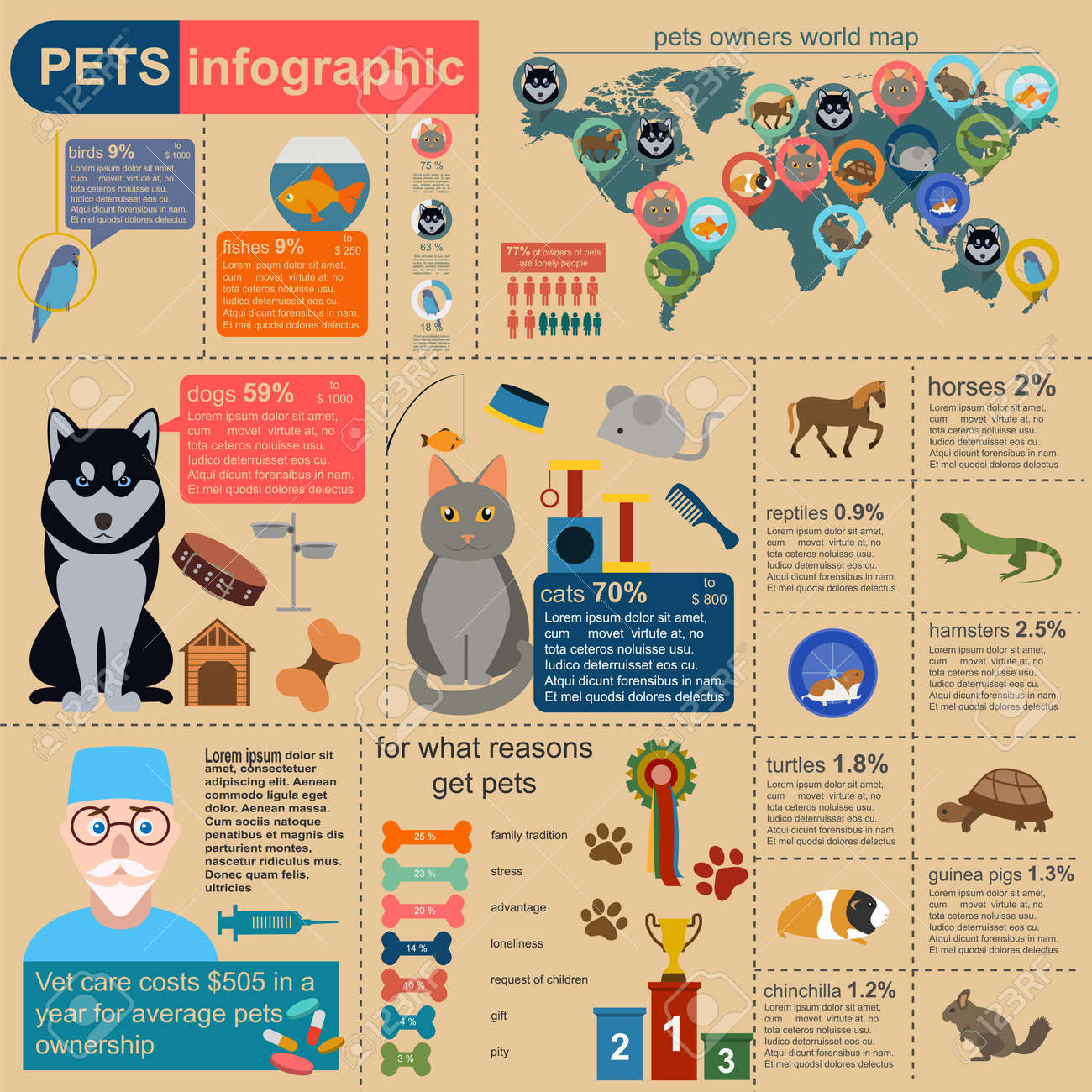Dog Daycare Socialization Programs
Dog Daycare Socialization Programs
Blog Article
Can Pet Dog Childcare Cause Disease?
Opportunities are that if your pet dog is frequently exposed to various other pet dogs, even if they're correctly vaccinated, they might get home with some kind of ailment. Vaccinations, regular vet examinations, and good health methods can minimize danger elements for infection and condition.
Emphasized or distressed pets can develop gastrointestinal problems and other health issues that are easily spread between canines. Establishing age restrictions and behavioral guidelines can assist guarantee that only healthy canines enter your facility.
Distemper
Canine distemper is a major and typically fatal virus that assaults a canine's breathing, gastrointestinal, skin and immune systems. Young puppies are particularly vulnerable and can acquire the illness through direct contact with an infected animal or via the air-borne transmission of infection fragments sent out throughout coughing, sneezing or taking a breath.
The incubation duration for canine distemper is in between 3 and 7 days. While young puppies at day care may seem to capture parvo from an additional contaminated pet, it's not likely considering that the incubation period is so short.
While there is no cure for canine distemper, supportive treatment can aid pets recoup. This consists of fluids, prescription antibiotics and medications to control seizures. The Drake Center for Vet Treatment notes that signs include runny eyes and nose, diarrhea, throwing up, anorexia nervosa and neurological issues such as twitching and tremblings. Young puppies need a full inoculation collection and yearly boosters to safeguard them against this condition, which is why reputable pet day care centers require current inoculations.
Kennel Cough
Kennel Cough (Canine Infectious Tracheobronchitis) is a highly transmittable top breathing condition brought on by microorganisms and viruses. It spreads through airborne beads from a coughing or sneeze, direct contact, and sharing of infected things such as playthings or water bowls. It is endemic in position where lots of canines are housed close together, such as kennels, canine parks, brushing hair salons and shows. Several vaccines are available to shield against the pathogens that create kennel cough, and proper health methods can help protect against infection.
The timeless signs and symptom is a dry, hacking cough comparable to that of a goose honk, and most pet dogs recover with little treatment. However, extreme situations can bring about pneumonia, and young puppies or pets with pre-existing health problem are at greater risk for difficulties. To accelerate recovery, utilize a harness instead of a collar while your pet is recuperating to stay clear of inflammation to the windpipe. A humidifier may additionally assist to moisten the air and avoid dry coughing.
Parvovirus
Parvovirus (CPV) is a severe disease in pets. It is similar to feline panleukopenia (feline distemper), yet it's much more lethal and can spread promptly among pets because of its exceptionally durable nature.
This infection attacks the intestinal tract lining of a pet, destroying it and creating bacteria to dismiss into the blood stream. The damaged immune system and dog boarding frustrating germs bring about septic shock, which is typically deadly.
Fortunately, vet hospitals use reliable treatment for parvovirus. These drugs are given straight into an individual's blood stream and targeted towards the certain pressure of parvovirus. This treatment approach is highly efficient and aids retrain the body immune system to fight off the infection. Canines with extreme symptoms are commonly hospitalized for several days for tracking and extensive care to ensure their survival. Pups, unvaccinated dogs and pet dogs with weak immune systems are especially at risk to parvovirus. This is especially true for pups birthed to stray moms and sanctuary environments, where they are subjected to several other ill and at risk dogs.
Dog Flu
Canine influenza (CIV) is an infectious respiratory system disease that can be triggered by pets sharing contaminated surfaces or straight contact with respiratory system secretions. CIV spreads easily in environments where there are high numbers of pet dogs, such as pet parks, daycares, grooming centers and vet clinics.
Infected pet dogs lost the virus through aerosol breathing beads when coughing or sneezing, and might contaminate objects they enter contact with like cages, playthings, food bowls, chains and the hands and clothing of people that manage them. Pets can also be "silent providers" spreading out the infection without revealing any symptoms themselves.
Signs of canine flu consist of nose and eye discharge, coughing, fever, loss of appetite, and weakness. The infection can advance to pneumonia, which can be deadly in some pets. PCR viral screening is available for confirmation of infection. Ideally, samples (normally deep nasal or pharyngeal swabs) for PCR screening need to be collected within four days of the beginning of scientific indications.